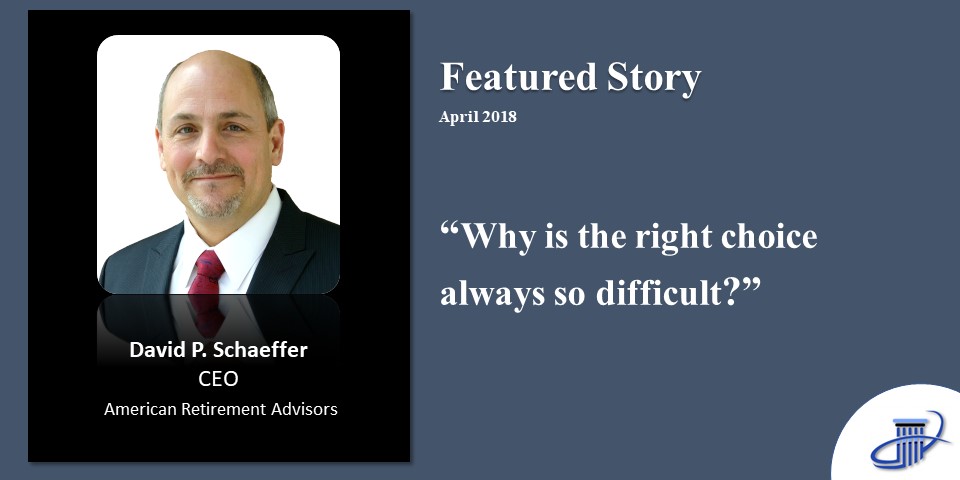Most folks we meet are not looking to game the system or get more than they deserve… they are just looking for value, a good trade. You know when you get something on sale, you feel like you got a great deal, when in actuality, they raised the price, then lowered it “just for you”.
When folks are shopping for groceries, it is easy to shop for bargains by using the weekly newspaper or a deal shopping app. With this knowledge, you feel confident you can head out and get the lowest cost for each item by going to the stores for the exact sale item and leave. But that’s not what happens. Folks are hooked into the store and then the “non-sale” items seem awful enticing, and up in your basket.
We have all been there. Probably last week. We are so used to it, we are nearly immune to the effects of the trickery. Some call it marketing, others call it the psychology of the sale. In any event, it’s there, and if you recognize what’s going on you can turn the tables to your advantage.
Let’s say you want to buy a new car. You don’t need one, but it would be nice. This is when you hold all the cards. You are not in a position where you can’t get to work tomorrow due to a lack of transportation. So you can really make the purchase on your terms. You head out to test drive the car you were thinking about and the process begins. The more experienced the salesperson, the less confrontation, unless you are in a dealership with a pushy sales process. Ever wonder why it takes so long to buy a car? The dealer knows the longer you are in the dealership, the more they can charge. I’m certainly not a great negotiator. I certainly buy a new car more often then I need. I have a rule the negations cannot exceed 30 minutes. I know before I walk in, the price that the dealer paid, the average price of the vehicle paid in the last 30 days in my area, as well as the value of the car I’m trading. Pretty simple right? Yup. The internet is full of tools to aid the consumer in buying major purchases. The dealers actually send the application providers the information. They pay a fixed fee for each person that walks on the lot due to the use of the app and makes a purchase. Again, if you know what’s going on, the rules of the game, you can play to win.
In our business, we exceed every measure of the fiduciary standard in the industry. In our healthcare planning practice, we share the premiums you will pay for every policy available in your zip code. No filters, no bias. You see what we see directly from the actuarial services. Our long-term care planning practice looks at every method to pay for long-term care. We look at every company offering a product or service, including government programs, and share that information. The same for legacy and life insurance planning. When we help folks prepare for retirement income, we use our proprietary method which is not available at the major banks or Wall Street firms, because our process rarely has reoccurring fees dragging on your earnings. If you ask your bank or Wall Street broker why they selected the products they placed in your portfolio, you will find they are using a short list of approved products. Each of those products have a benefit to the brokerage house, not you. Most mutual funds and variable annuities companies pay the brokerage firm large sales bonuses annually to reward their performance. I can assure you your broker has never revealed their entire list of products available and how they compare to rest of the market.
We do, and we always have since I founded the firm. We share our research from every product from every company. You see how we came to the decisions, how we compiled our research, and how it is always in your best interest. If you’re a client of ours, you already know, and we thank you for allowing us to be a part of your life’s journey. If not, we can introduce you to hundreds of super nice folks that are experiencing what it’s like to have a trusted advisor.

